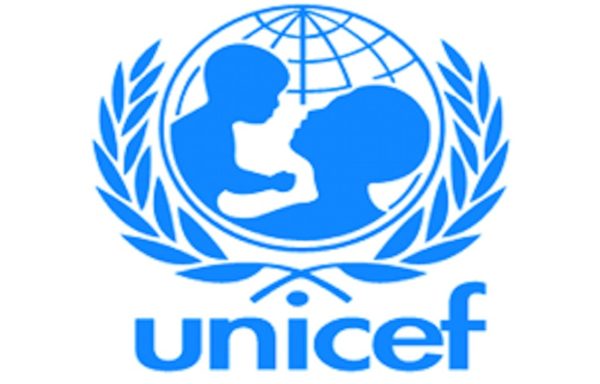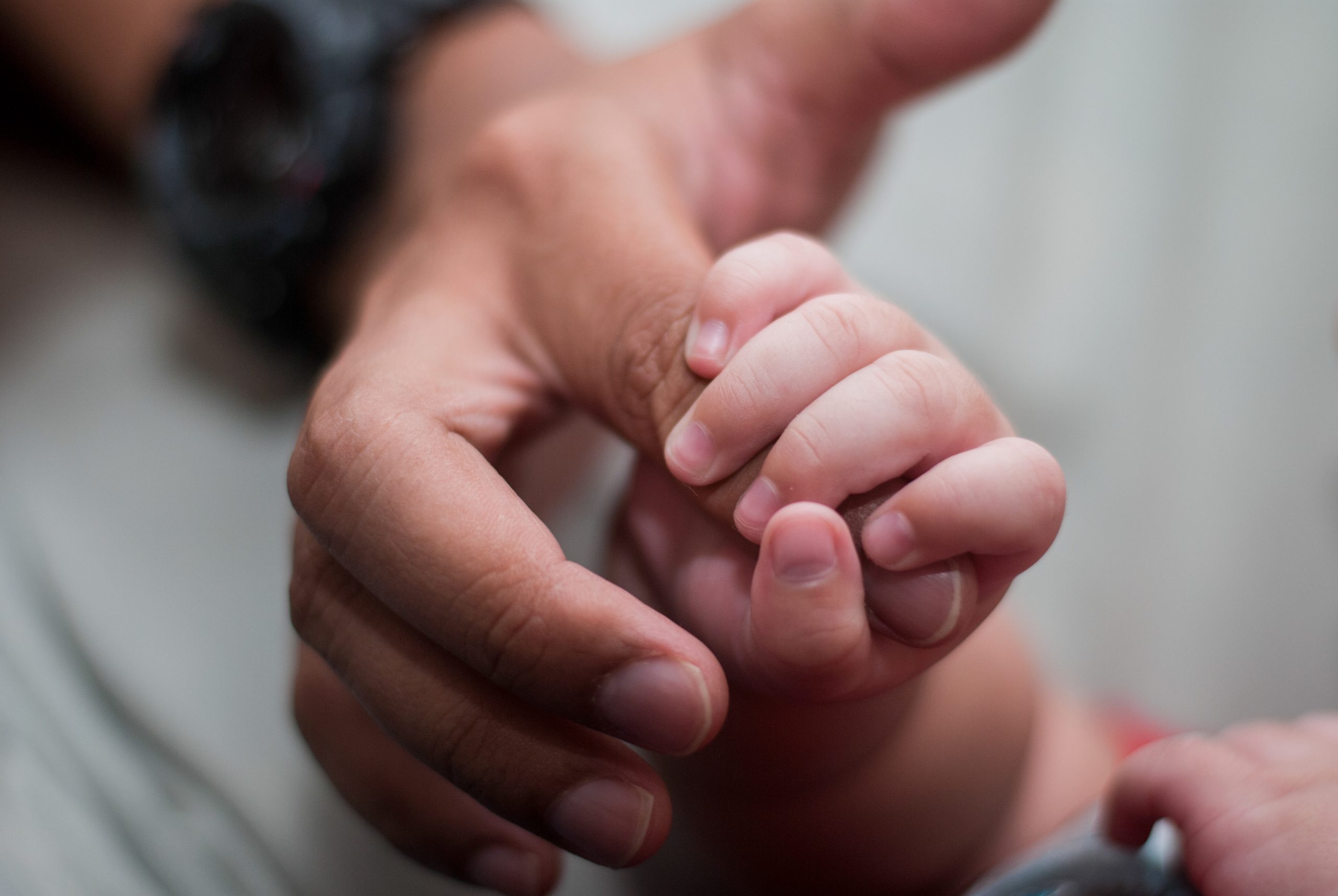Nearly 30 million babies are born too soon, too small or become sick, requiring specialised care to survive beyond the first month of life, according to a new UN-backed report.
The report: ‘Survive and Thrive: Transforming care for every small and sick newborn’, was released by a global coalition that includes the UN Children’s Fund (UNICEF) and World Health Organisation (WHO).
UNICEF Deputy Executive Director, Omar Abdi said: “When it comes to babies and their mothers, the right care at the right time in the right place can make all the difference.
“Yet, millions of small and sick babies and women are dying every year because they simply do not receive the quality care that is their right, and our collective responsibility.”
The report found that babies with complications from being born premature, or suffering brain injury during childbirth, severe bacterial infection or jaundice, risk death and disability.
Furthermore, the financial and psychological toll on their families can effect their cognitive, linguistic and emotional development, it stated.
“For every mother and baby, a healthy start from pregnancy through childbirth and the first months after birth is essential,” said Dr Soumya Swaminathan, Deputy Director General for Programmes at WHO.
Swaminathan lauded universal health coverage to ensure that everyone, including newborns, has access to the health services they need, regardless of the ability to pay.
“Progress on newborn healthcare is a win-win situation: it saves lives and is critical for early child development thus impacting on families, society, and future generations,” she added.
The report said some 2.5 million newborns died in 2017, mostly from preventable causes; nearly two-thirds were premature, adding should these babies survive, they often face chronic diseases or developmental delays.
Figures disclosed that an estimated one million small and sick newborns survived each year with a long-term disability.
“The good news is that these babies can live without major complications if smarter strategies are employed, such as providing team care for both mother and baby through labour, birth and beyond, to catch problems and issues early.
“The report projects optimistically, that the lives of 2.9 million women, stillborns and newborns in 81 countries can be saved by 2030.”
The report said for the world to achieve the global target of quality healthcare for all, newborn services must be transformed, adding however, without rapid progress, some countries will not meet this target for another 11 decades.
The report recommended providing 24-hour and seven-day inpatient care for newborns, and instituting partnerships between families and trained nurses for hands-on care.
It recommended teaching parents and families effective baby care to reduce stress, help babies gain weight and allow their brains to develop correctly, adding, country policies should include quality health care and a lifelong investment for those born small or sick.
According to it, just 20 cents per person can save two of every three newborns in low- and middle-income countries by 2030.
The report spelt out that it was time for all countries to put in place the legislative, medical, human and financial resources to ensure the highest standard of health care, guaranteed by the Convention on the Rights of the Child.

